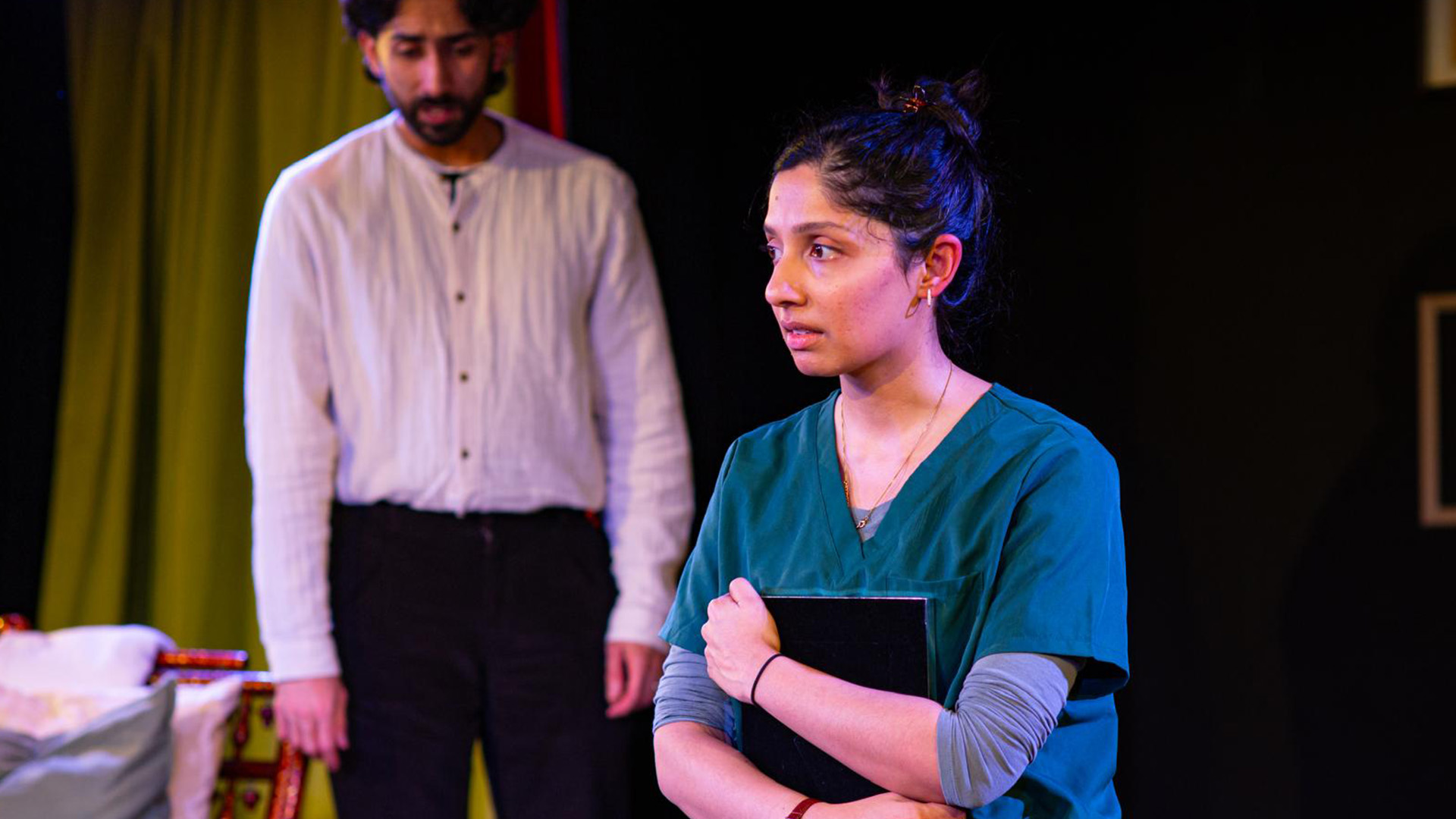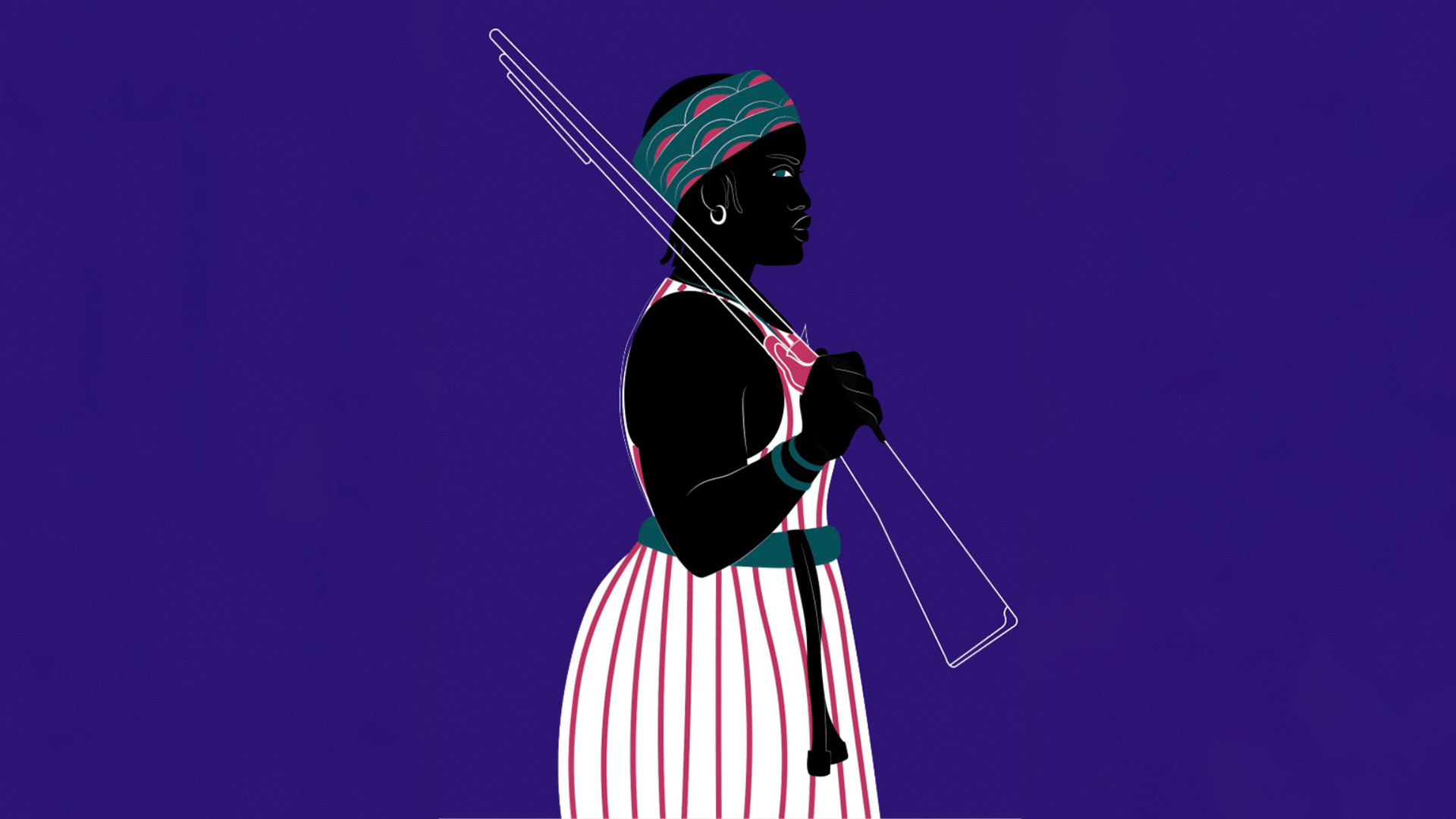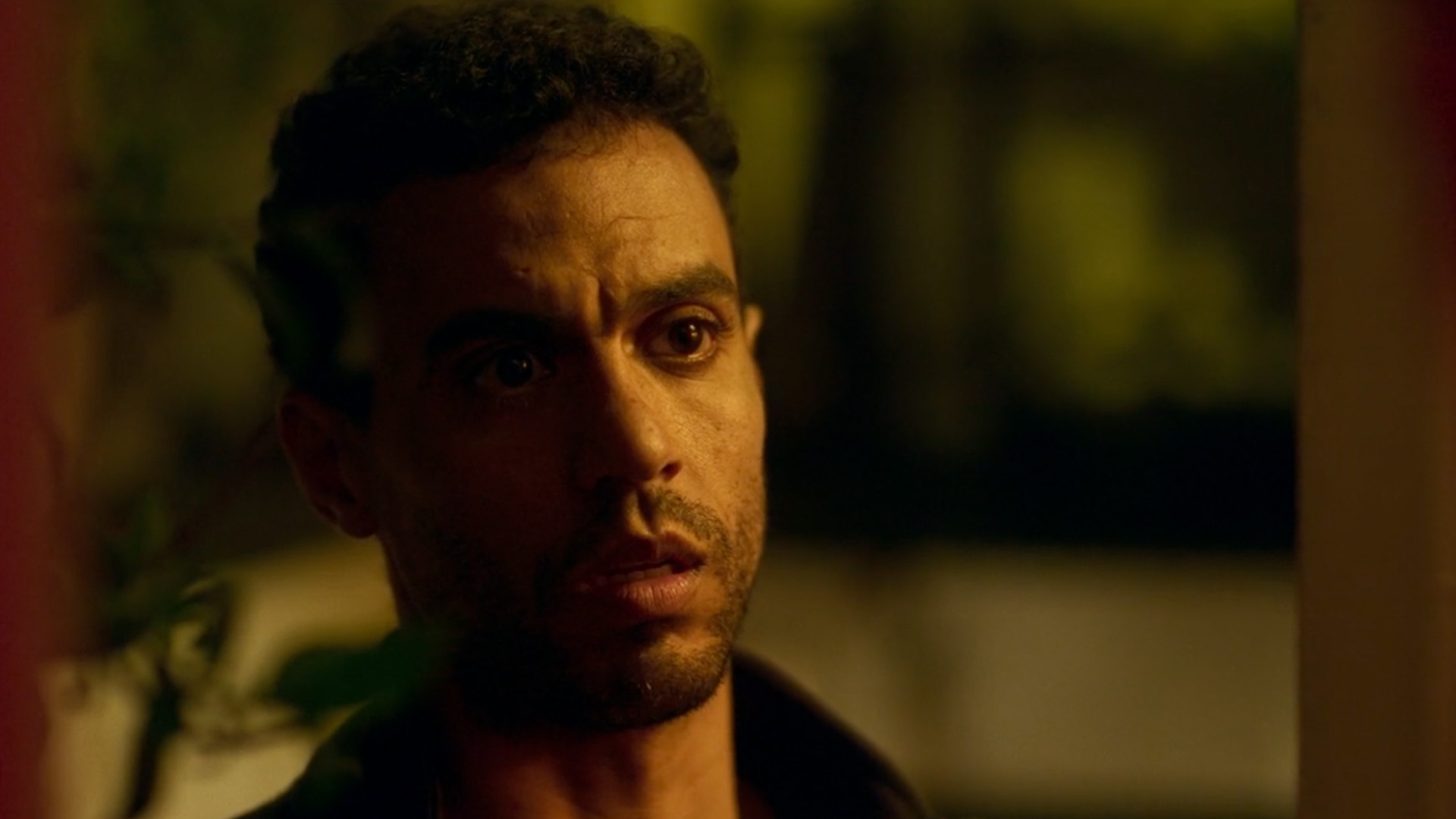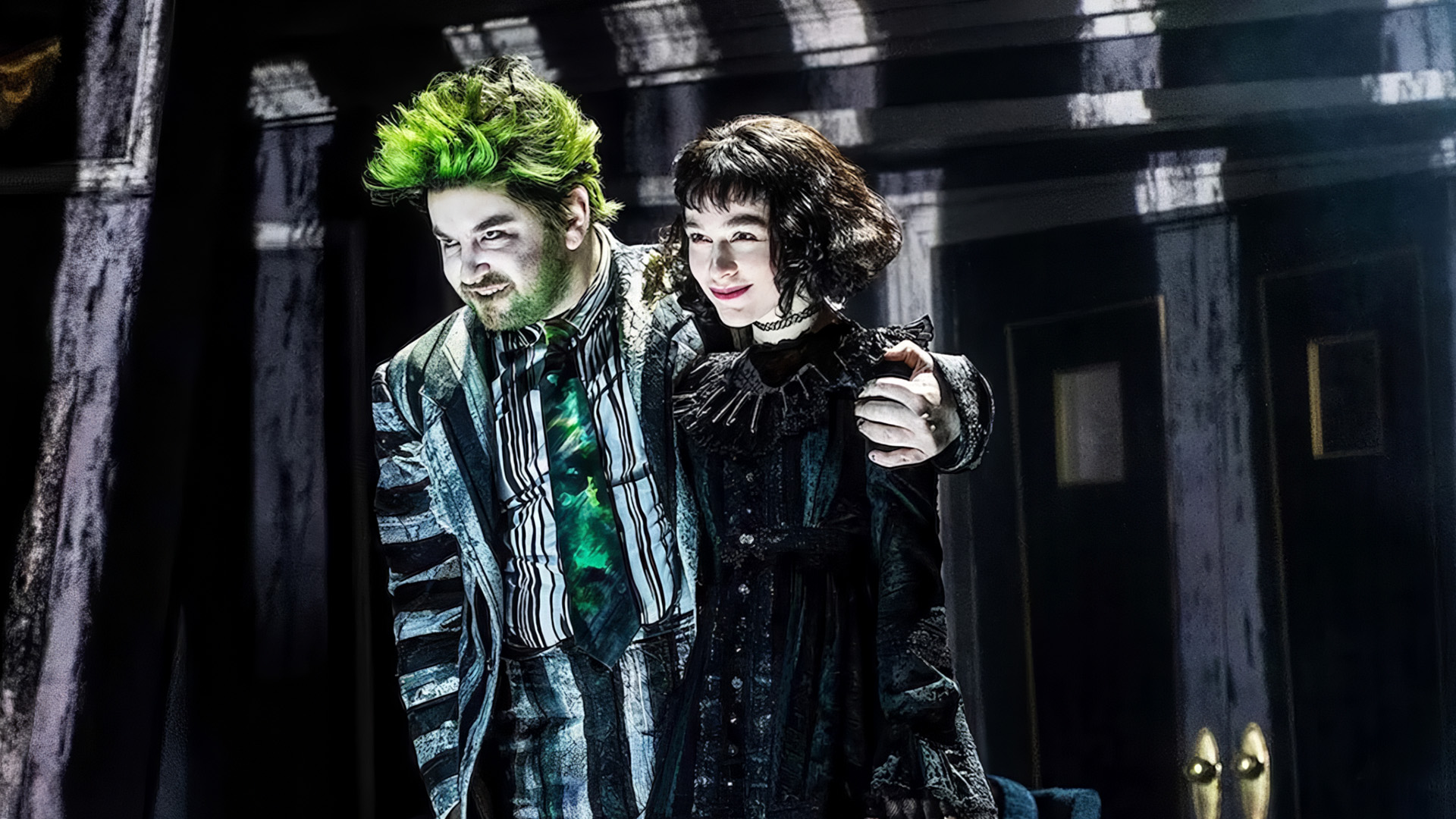Breakwater film review: a quiet story of guilt, grief and queer connection
Two men meet on the Suffolk coast, each carrying loss, and find an unexpected connection in the silence between them.
Breakwater film review: a quiet story of guilt, grief and queer connection

Max Morgan’s debut feature Breakwater, which had its world premiere at the 2025 Raindance Film Festival, is a slow, introspective drama that unfolds between the cobbled courtyards of Oxford and the cold, salt-soaked coastline of Suffolk. It follows Otto, a quiet theology student weighed down by faith, family, and the memory of a sister he lost years ago. When he visits his girlfriend Lucy’s family home for a short break, the trip begins to unravel more than just their relationship.
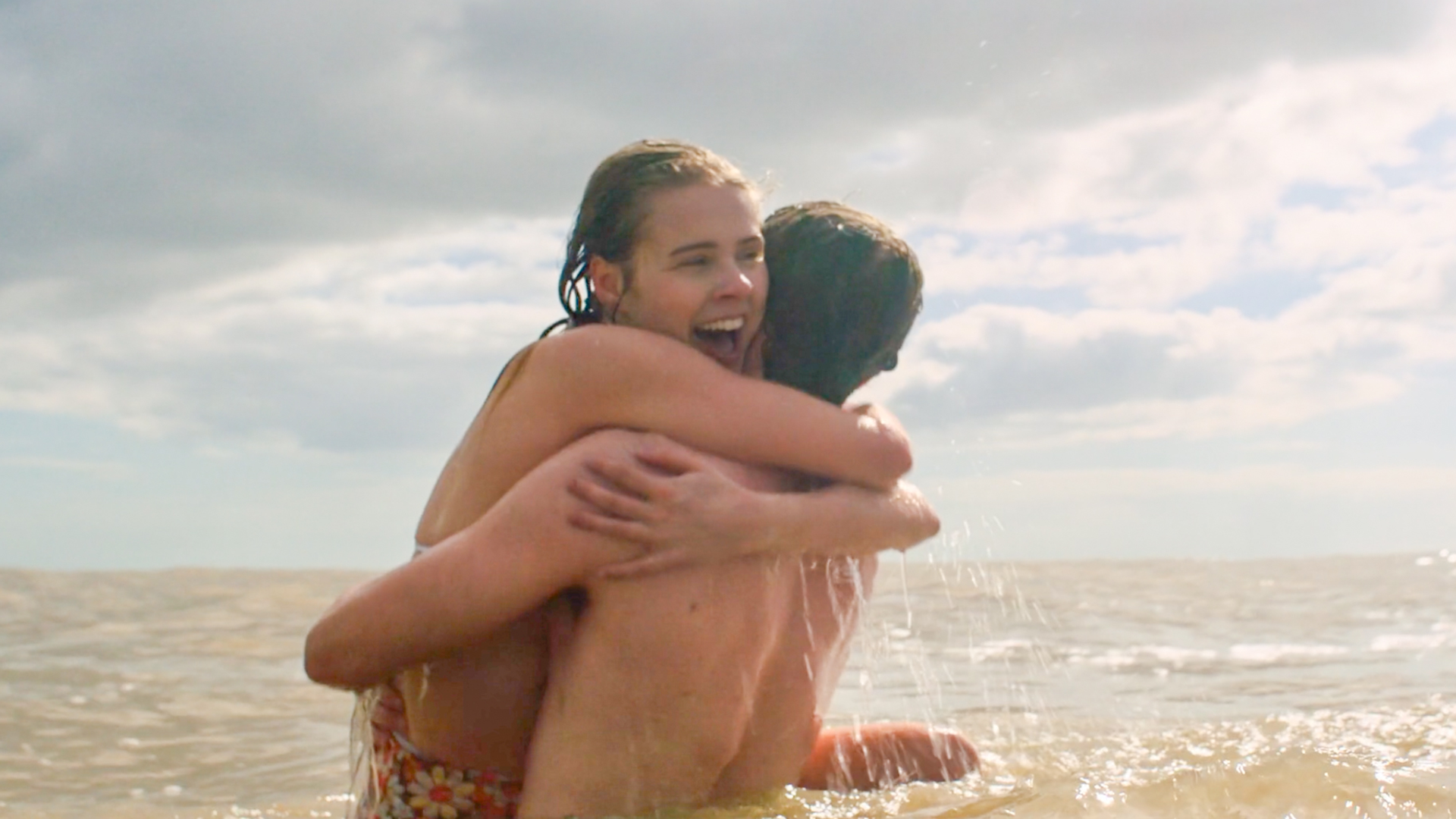
Otto, played by Daniel McNamee, builds on a small but growing résumé. His previous film The Mouth of Truth (2024) established him as a thoughtful performer with emotional nuance. In Breakwater, he brings gentle restraint to Otto, conveying layers of unresolved grief without overt expression. Shaun Paul McGrath as John, the mysterious local widower, gives the film its emotional weight. He offers physical presence paired with quiet shadow. Their scenes together carry dramatic subtlety more than declarative emotion, inviting the viewer into something unspoken and fragile.
The setting becomes another character. Morgan lets the story unfold gently. The pace is slow and sometimes heavy, filled with long pauses, small exchanges, and scenes that feel suspended in time. Otto and John carry pain they cannot articulate. But for the audience, this stillness can start to feel distant. The film offers no easy emotional resolution. It lingers in atmosphere, inviting discomfort rather than closing the story.
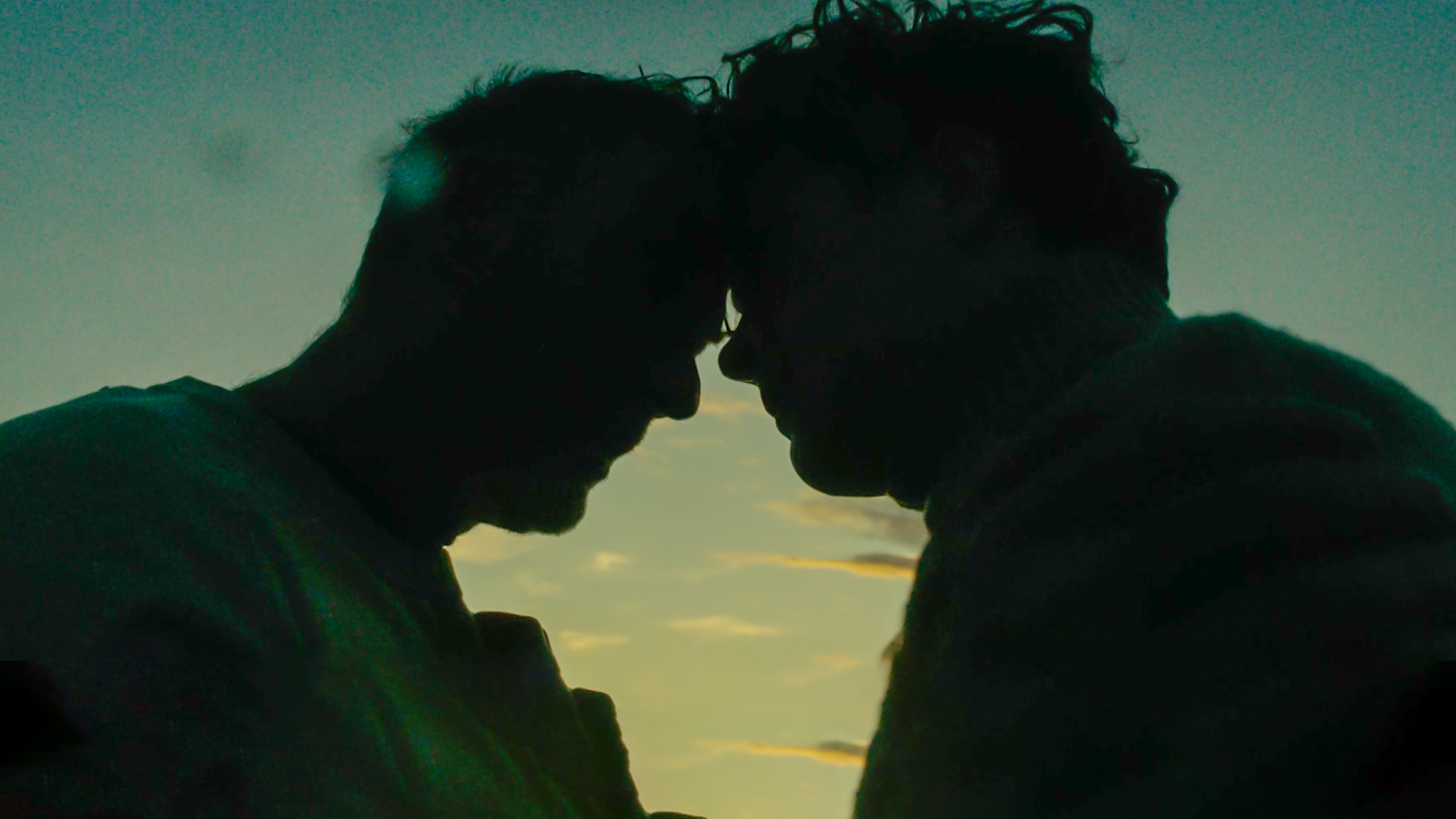
Visually, Breakwater leans into its mood. Cinematographer Evan Bridges uses natural light with minimal artificial warmth. Most scenes feel grey, with pale skies and dark interiors. The Suffolk coast feels vast and cold, and even Oxford’s historic architecture appears muted. There is undeniable beauty in the imagery, but the warmth rarely breaks through. It is as if light itself has been stripped from the landscape and the characters.

Supporting roles include Agnes Halliday as Lucy and William Gao as Matt, Otto’s Oxford roommate. Halliday offers a touch of emotional friction, while Gao brings levity in small bursts. Comic relief that feels earned in contrast to the weight of the main story. But neither figure is fully grounded in the narrative, and they tend to orbit rather than engage deeply.
The visual language of Breakwater is full of restraint, but also quietly expressive. In one frame, Otto and John stand by the water’s edge. John blurred in the background, Otto in sharp focus. This distance between them, both physical and emotional, defines much of the film’s central tension. The symmetry in framing subtly captures what words do not say. Two men, both grieving, both reaching, but never quite meeting.
Interiors offer little warmth. One scene, lit only by the blue light of a party, draws a sharp contrast between intimacy and isolation. As Otto leans in to kiss John, the club around them dissolves into shadowy silhouettes. The moment is tender, but the world around it remains cold. Even in embrace, we feel unease.

Other scenes are more still. A low-angle shot of Otto on a clifftop, arms open, surrounded by wind and sky, feels almost biblical in tone. A search for meaning that rises above the immediate pain. A Christmas sequence, despite the silly paper hat and family laughter, is shaded in cool light and melancholy. Even joy, here, is hesitant.
These images are beautifully composed, often poetic. But they also reinforce the emotional flatness that makes Breakwater hard to rewatch. Every moment, no matter how intimate or bright, carries the weight of what has been left behind.
Still, it is good to see a film that allows queer characters space to be complicated, spiritual, and unsure. Breakwater resists clichés. It does not frame queerness around sex or spectacle. It simply lets two men share a connection that neither of them fully understands. And that feels honest.
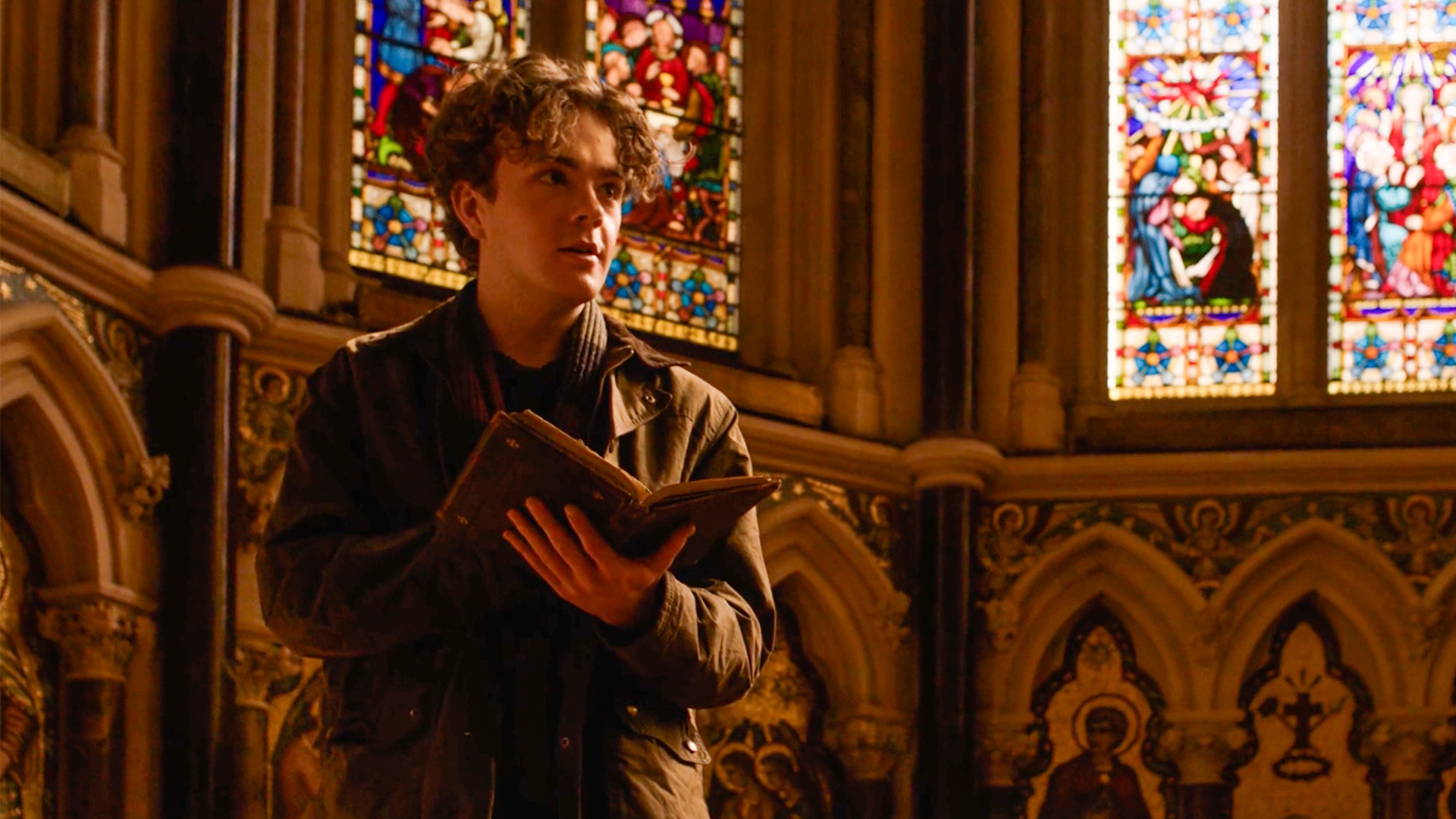
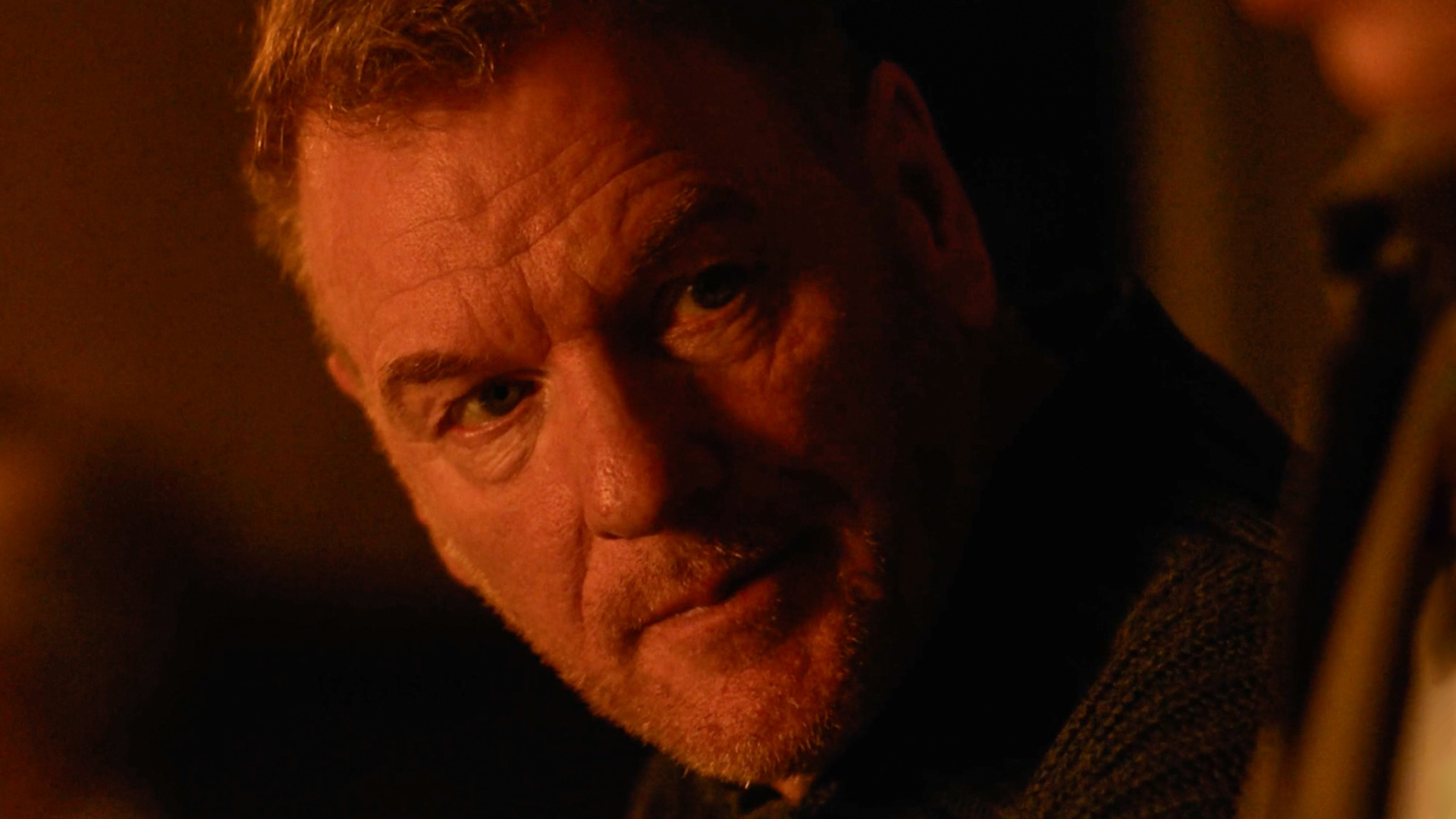
But as queer cinema continues to grow, so should its emotional range. Films like Breakwater are important, but we also need stories where queerness is not always linked to grief or restraint. We need stories that hold light as well as shadow. Joy, hope, and resilience matter too. Otherwise, queer lives on screen risk being defined only by what they lose, not by what they become.
Breakwater is a thoughtful, poetic debut built with care. While its emotional quietness may make it feel distant at times, the film’s strength lies in its restraint, atmosphere, and the vulnerability it never forces. With strong visual storytelling and a haunting mood, it earns its place as a memorable piece of contemporary queer cinema.
4 out of 5 stars
Written by Lex Melony


Get weekly updates
.png)
Join Our Newsletter
Get a weekly selection of curated articles from our editorial team.

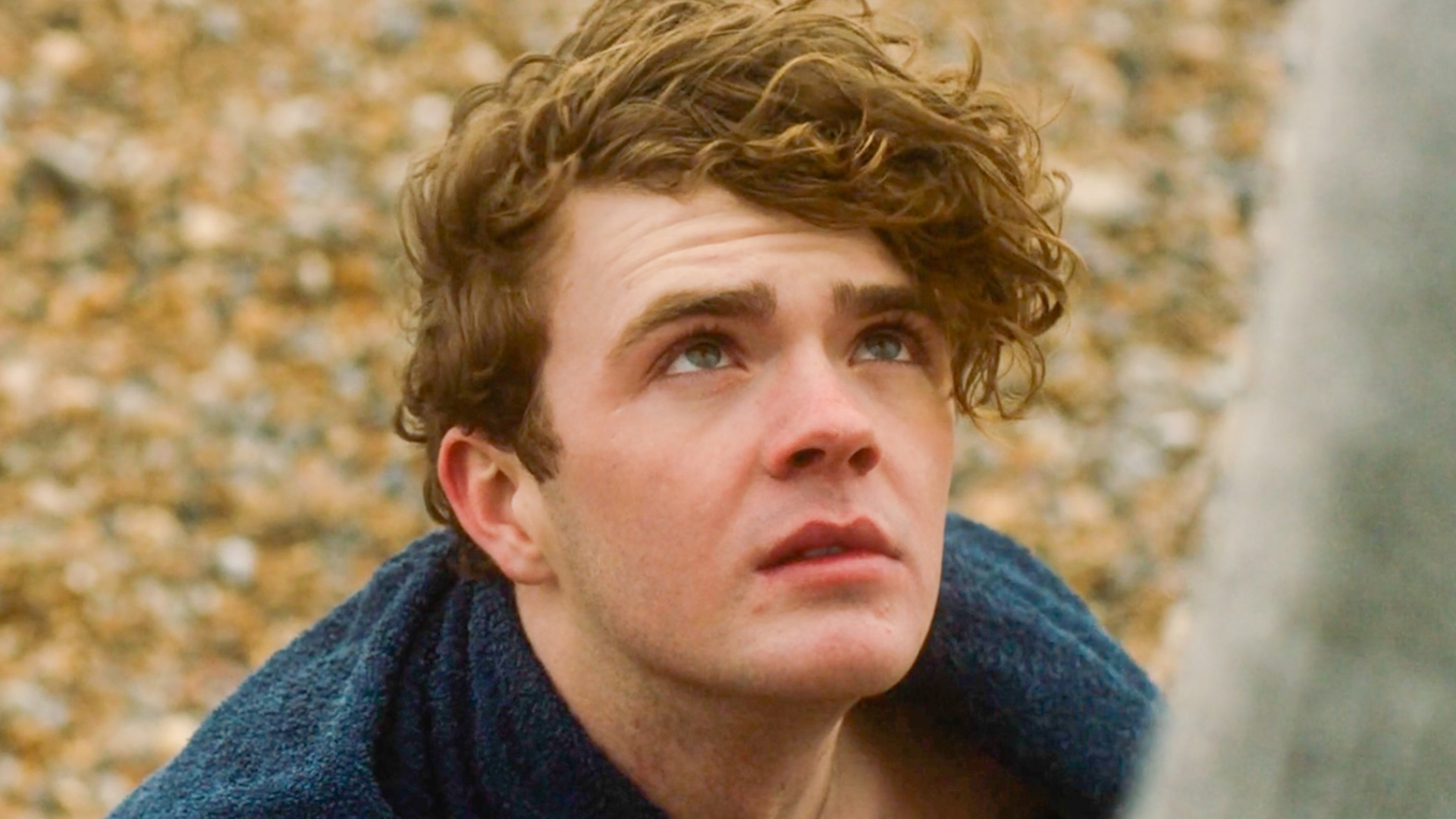


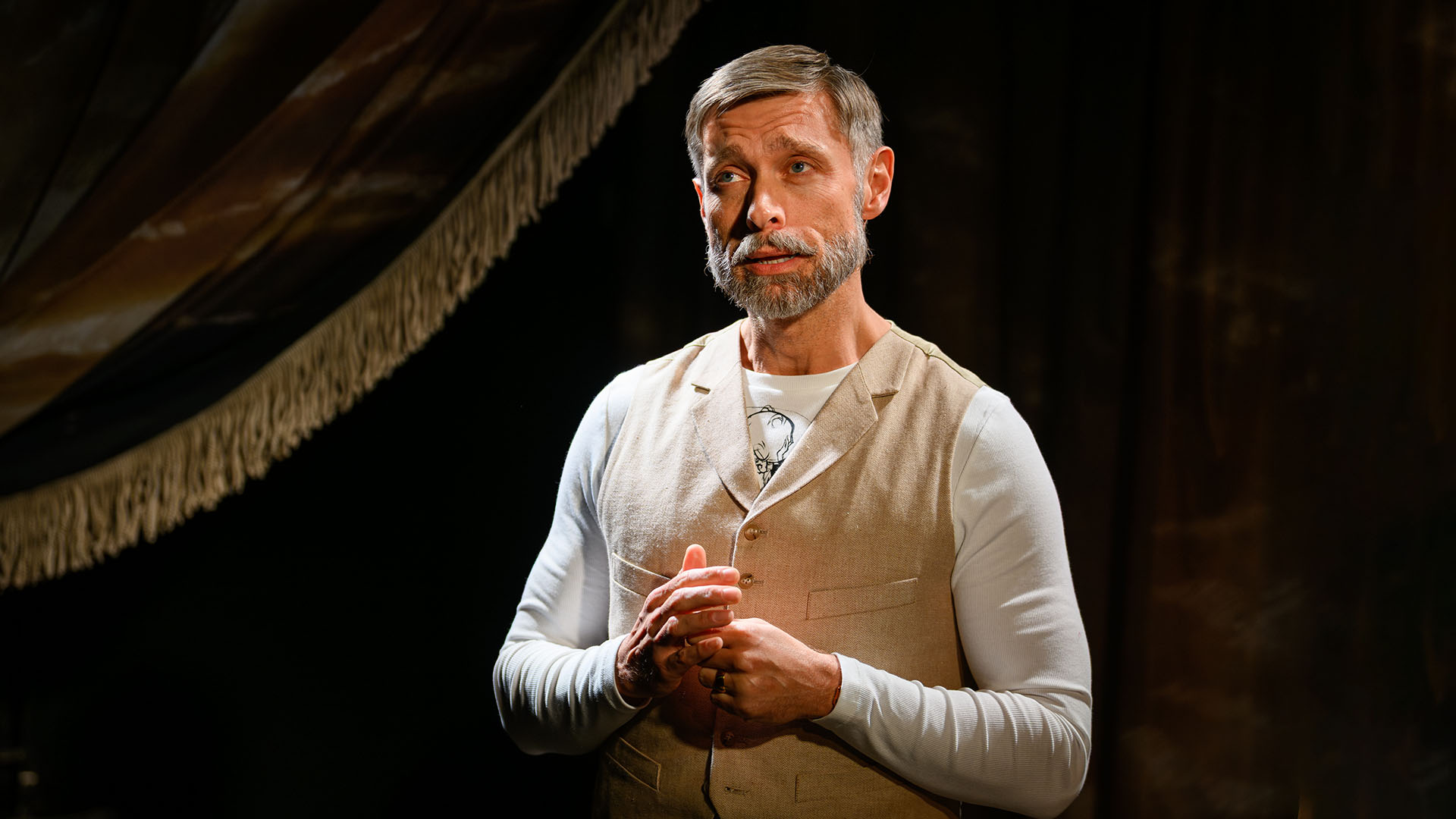
.svg)


